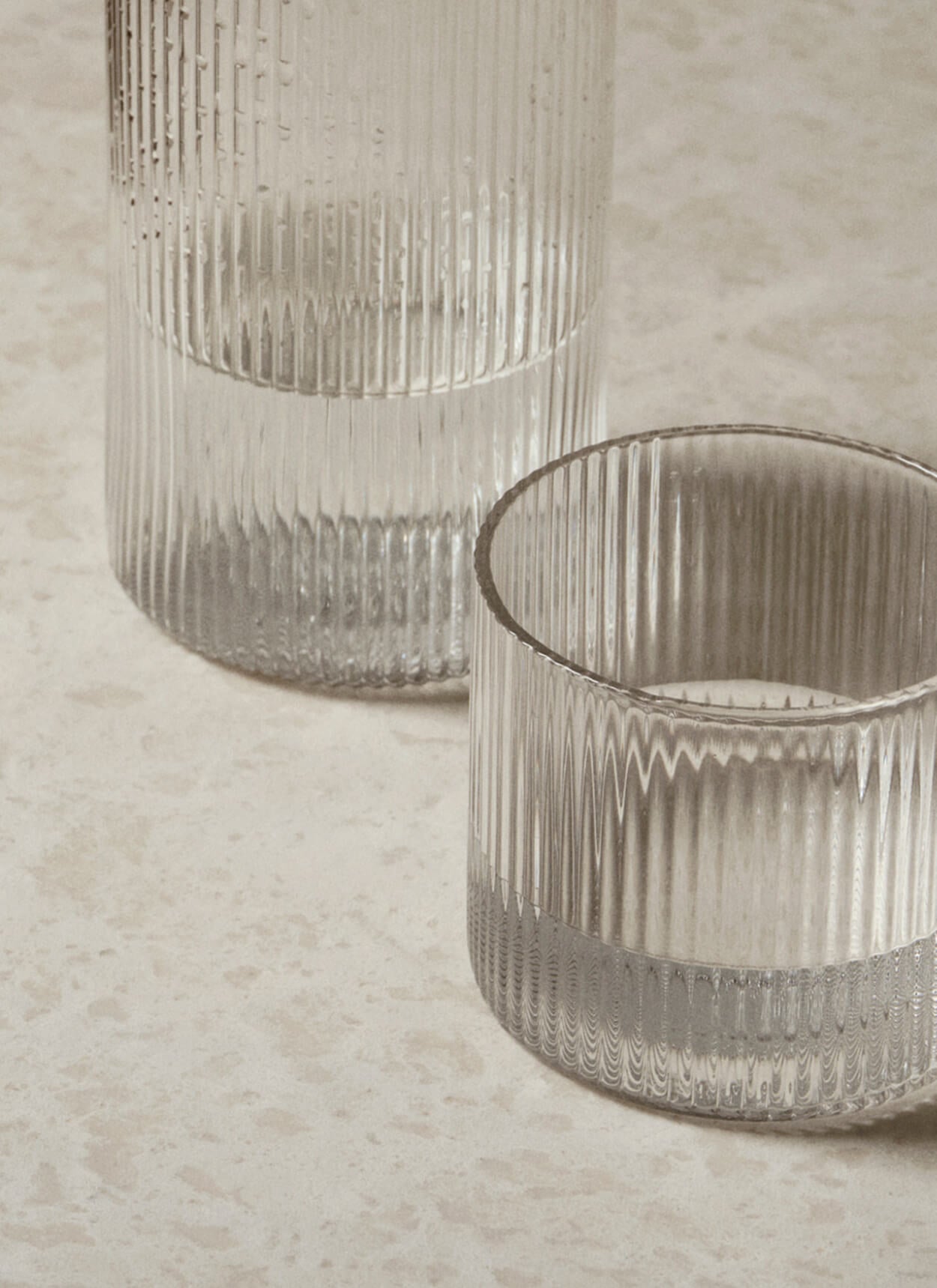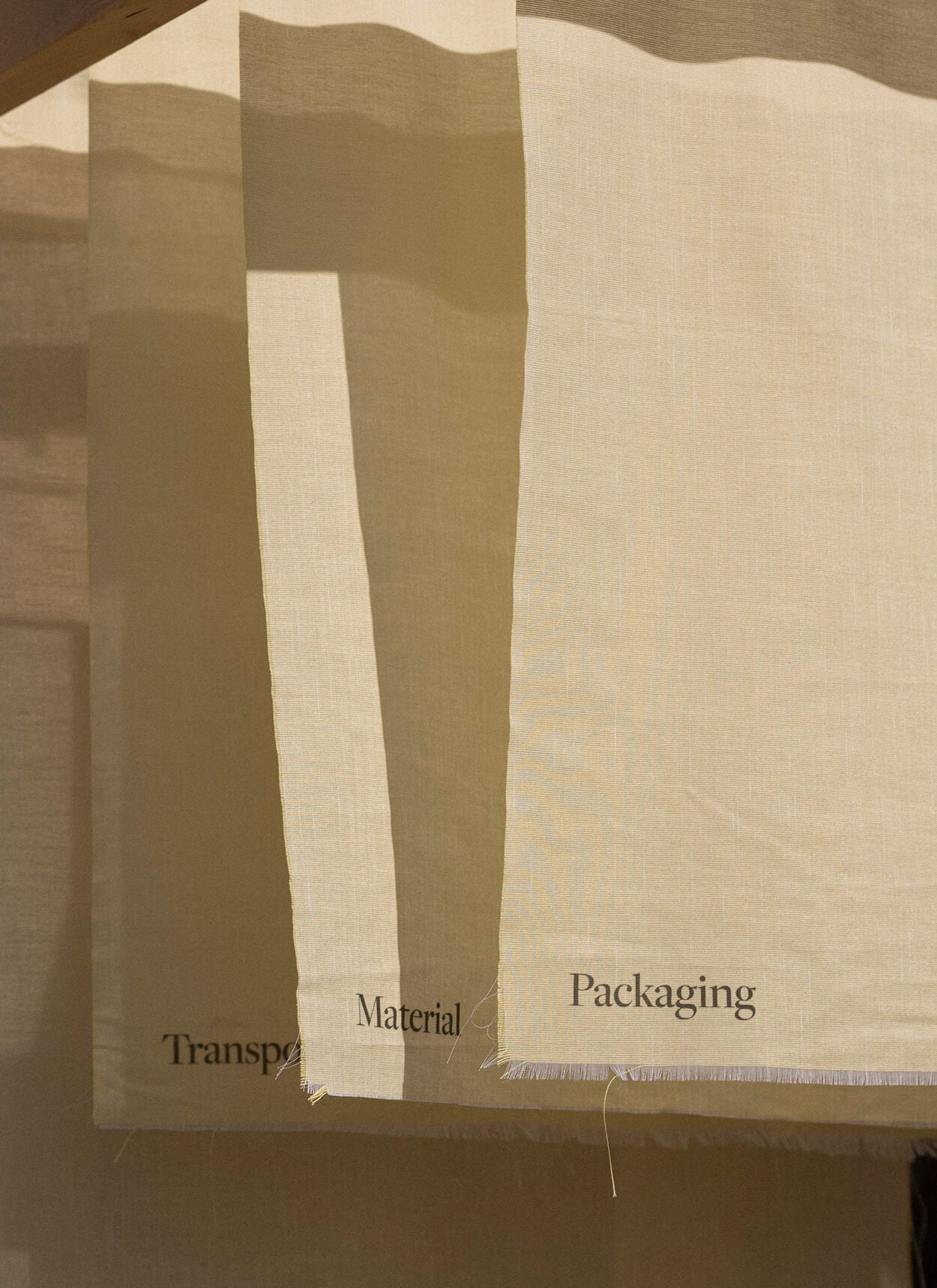
Green Editions
The Garden of Malene Lei Raben
Tucked away on a quiet street between two of Copenhagen’s central boroughs, behind the original brewing grounds of Carlsberg, lies a small collection of villas and houses dating back to the 1800’s. In a red brick two-story house lives Malene Lei Raben, an author, lawyer and gardener.
The Garden of Malene Lei Raben

Writer, Lawyer & Gardener
Malene welcomes us into her garden on a warm and sun-drenched summer day. A thick hawthorn hedge shields Malene’s garden from street view, and upon opening the wooden gate and stepping into the parameters of her outdoor space, it feels as though we have been transported to a different world. We are greeted by a microcosm of natural wonder: cherry and apple trees and tall acacias are dispersed between cottage-style perennial flower beds brimming with an abundance of flora in a kaleidoscope of colours. A kitchen garden boasts an array of edible treats: potatoes, cabbage, onions, zucchini and raspberries, to name just a few. A woodland garden and wild meadow in miniature are tamed by clipped evergreens and box hedges, a gravel path winding its way between the various sections.
Malene greets us while taking in the status of the garden that day. As she shows us around, she points to different species of flowers, explaining how some colours are determined through cross pollination by the help of a robust bee population. Aside from bees, there’s a thriving presence of insects, birds and even bats. The latter is a new addition, and something Malene is very excited about, citing how each species contributes to the garden’s overall health – apart from, perhaps, the invasive slugs, who she exclaims with consternation have been on a visit the night before.
“For some people, the upkeep of a garden is a stress factor. But for me, it’s a creative space that brings healing and happiness. It’s my anchor to the earth.”
As we walk with her through the lush greenery, Malene fondly picks and prunes at bushes and flower beds until she is wrestling an armful of rhubarb the size of a small palm tree. Smiling, she dubs it ‘Garden CrossFit’, and we seat ourselves under the shade of a parasol in the company of refreshments and a jug that boasts a fragrant bouquet of freshly cut wildflowers. “For some people, the upkeep of a garden is a stress factor,” Malene tells us, “But for me, it’s a creative space that brings healing and happiness. It’s my anchor to the earth. The garden grows, and it allows me to grow. The more time you spend in nature, the more you learn – about biodiversity, about ecology – and about beauty, too.”
It’s hard to imagine that as such a passionate gardener, Malene hasn’t always been so immersed in nature, but she insists that before moving into Villa Albion twenty years ago, she didn’t have much of a green thumb. Her journey to becoming a Havemenneske, or ‘garden person’, which is the title of Malene’s latest book, has unfolded throughout the journey of her life: “When I was little, I wanted to be an opera singer. But I ended up following in my mother’s footsteps to become a lawyer.” Malene’s CV boasts an impressive array of high-profile positions, from attorney to COO to Managing Director, at several large media houses while also appearing as a television and freelance op-ed writer. “I specialised at facilitating the work of creative people,” she explains. “But I wanted to be creative myself.”


“It’s really difficult to write, if you want it to be true, sincere and good. You have to be true to your own voice. You have to let go of shame and self-criticism.”
In 2017, Malene took the big step of saying goodbye to her comfortable corporate job in favour of pursuing her dream of becoming a full-time writer. “I was so fed up with my corporate career. When you choose to take a leap of faith from a full-time job, you say goodbye to status and security, and embrace the uncertainty. It’s like being a child and learning to walk again. But I was never nervous. In my old life, I was more nervous, as I was packing myself into a shell that didn’t always fit. Having to adapt to being tough and bossy – firing people and so on. Now, I can be 100% my authentic self.”

“Initially, I had started to write a more fictional novel,” Malene tells us. “But I had to throw it out and started writing from scratch. It’s really difficult to write, if you want it to be true, sincere and good. You have to be true to your own voice. You have to let go of shame and self-criticism. If you bring those things into the office, you’ve lost already. You have to be on your own side. I’ve spent a lot of my life not being on my own side. The whole world can criticize you – you shouldn’t. You have to believe that your voice matters.” After publishing her first book to much critical acclaim, Malene went to work on her second novel. But then came Covid, and as she so aptly describes: “everyone went outside.” And that’s how the idea for her next book was born.

“The garden became even more important. I could feel safe and alive there. I could forget that I was in the middle of a worldwide pandemic. I just couldn’t understand why it was so alluring. So, I sat down to find out why. How do you go from a person who kills their own indoor plants to a person who spends all their time outdoors? Exploring the process of becoming a gardener, the practical and emotional journey of that.”
Malene’s latest book is a new take on gardening. Instead of taking a technical approach to the subject (“There are plenty of those already – and good ones!”), she decided to write a gardening book that you would read as a novel. Examining the historical development and cultural significance between humans and their gardens, Malene observes how our relationship to nature has shifted over the years: “Gardens are a middle ground between the city and wild nature. You used to use gardens as means of shielding yourself from wild animals and enemies, but today people use them to shield themselves from a modern world – from noise, the urban – and to protect wildlife. Today we are alienated from nature. But in the garden, you immerse yourself in the natural world, and discover that we humans are just a part of nature.”















